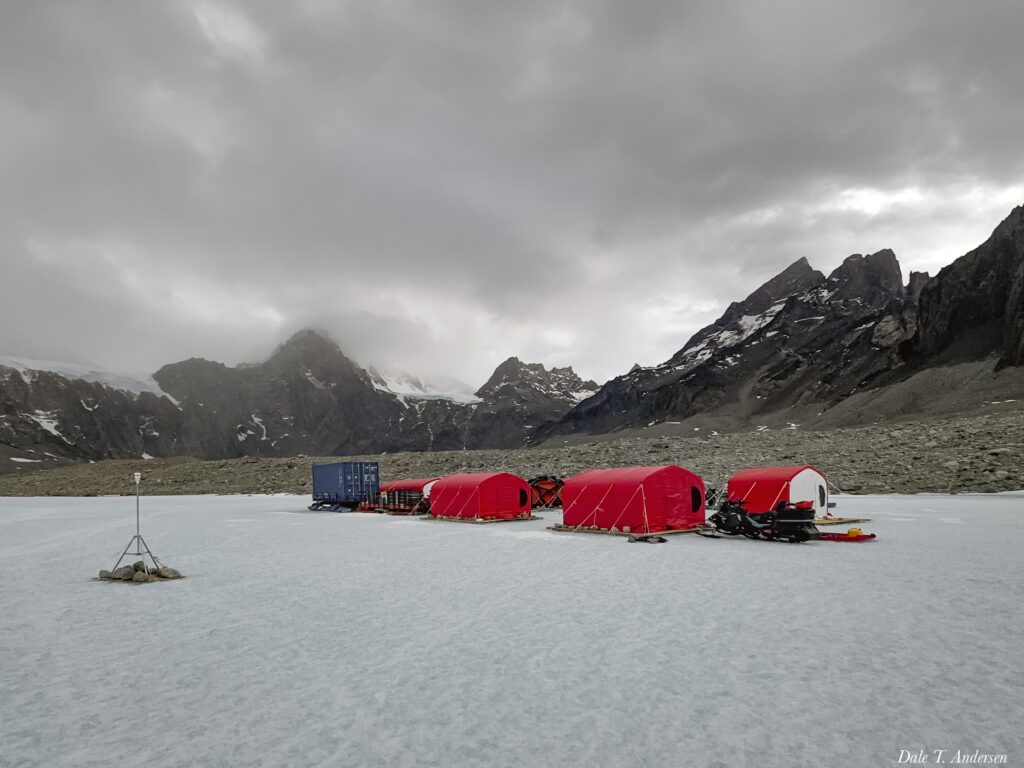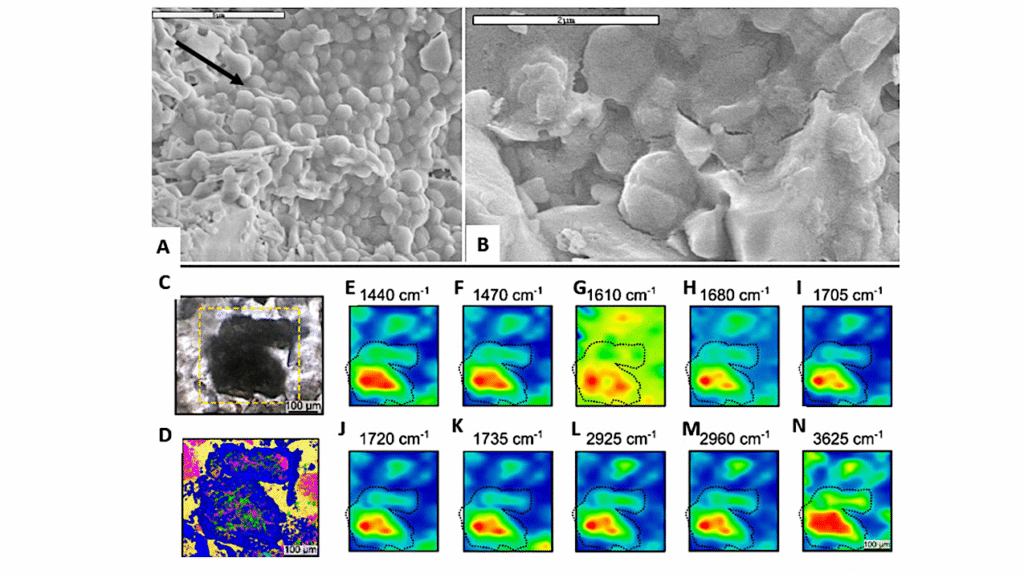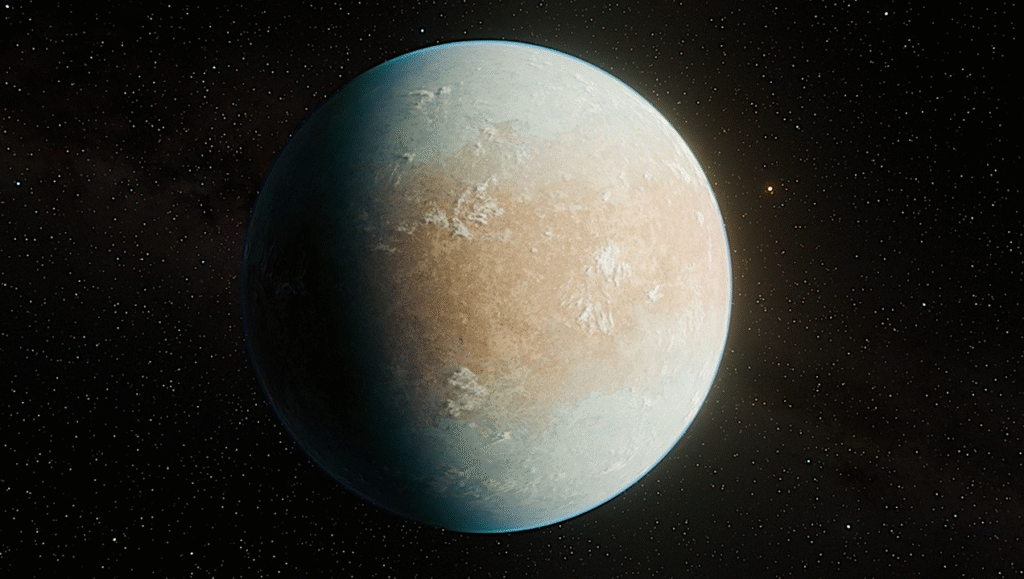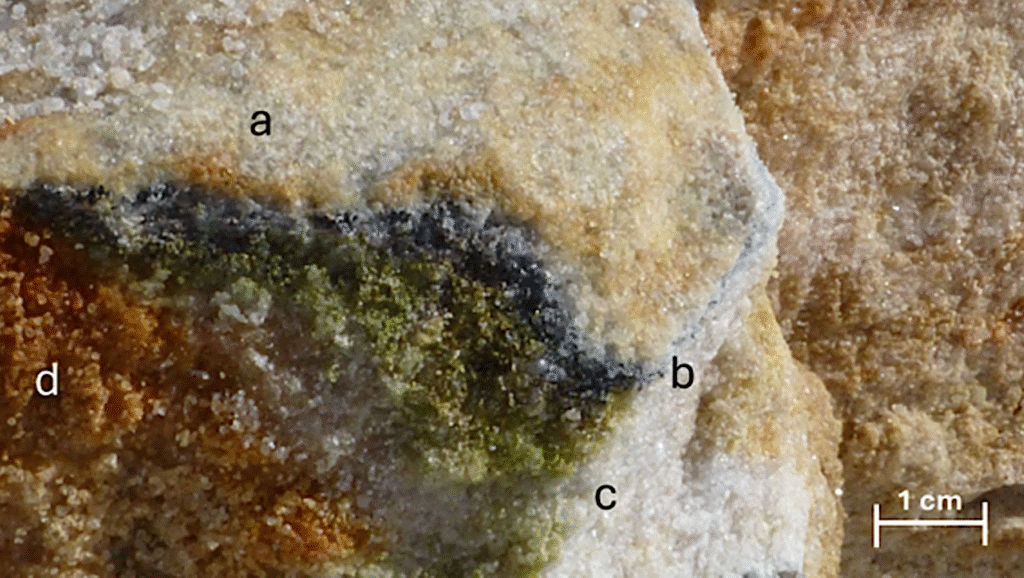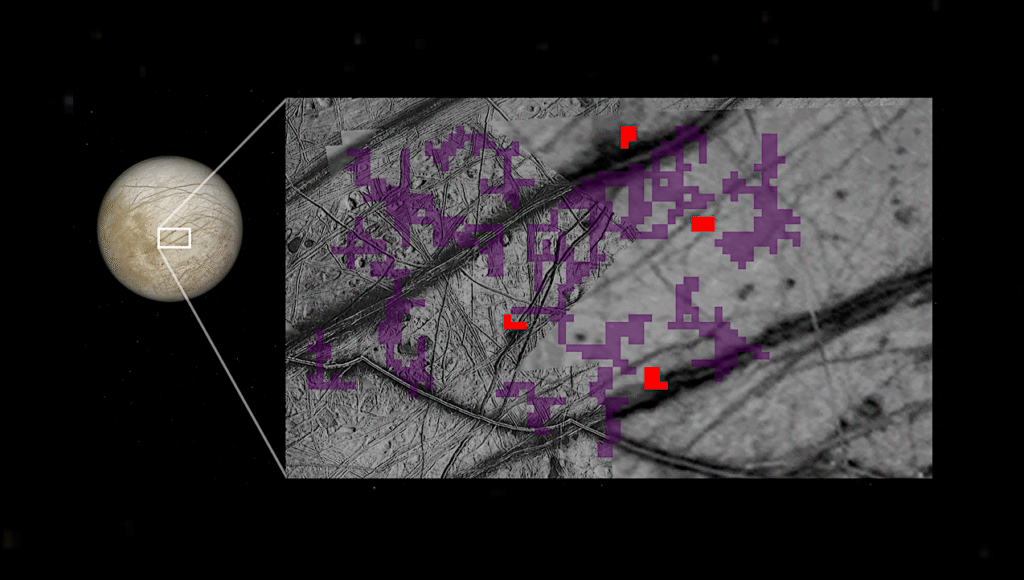Implications Of Different Stellar Spectra For The Climate Of Tidally-locked Earth-like Exoplanets

The majority of potentially habitable exoplanets detected orbit stars cooler than the Sun, and therefore are irradiated by a stellar spectrum peaking at longer wavelengths than that incident on Earth.
Here, we present results from a set of simulations of tidally-locked terrestrial planets orbiting three different host stars to isolate the effect of the stellar spectra on the simulated climate. Specifically, we perform simulations based on TRAPPIST-1e, adopting an Earth-like atmosphere and using the UK Met Office Unified Model in an idealised ‘aqua-planet’ configuration. Whilst holding the planetary parameters constant, including the total stellar flux (900 W/m2) and orbital period (6.10 Earth days), we compare results between simulations where the stellar spectrum is that of a quiescent TRAPPIST-1, Proxima Centauri and the Sun.
The simulations with cooler host stars had an increased proportion of incident stellar radiation absorbed directly by the troposphere compared to the surface. This, in turn, led to an increase in the stability against convection, a reduction in overall cloud coverage on the dayside (reducing scattering), leading to warmer surface temperatures. The increased direct heating of the troposphere also led to more efficient heat transport from the dayside to the nightside and, therefore, a reduced day-night temperature contrast.
We inferred that planets with an Earth-like atmosphere orbiting cooler stars had lower dayside cloud coverage, potentially allowing habitable conditions at increased orbital radii, compared to similar planets orbiting hotter stars for a given planetary rotation rate.
Jake K. Eager, David J. Reichelt, Nathan J. Mayne, F. Hugo Lambert, Denis E. Sergeev, Robert J. Ridgway, James Manners, Ian A. Boutle, Timothy M. Lenton, Krisztian Kohary
Comments: 12 pages, 8 figures
Subjects: Earth and Planetary Astrophysics (astro-ph.EP); Solar and Stellar Astrophysics (astro-ph.SR)
Cite as: arXiv:2005.13002 [astro-ph.EP] (or arXiv:2005.13002v1 [astro-ph.EP] for this version)
Submission history
From: Jake Eager
[v1] Tue, 26 May 2020 20:00:00 UTC (962 KB)
https://arxiv.org/abs/2005.13002
Astrobiology


